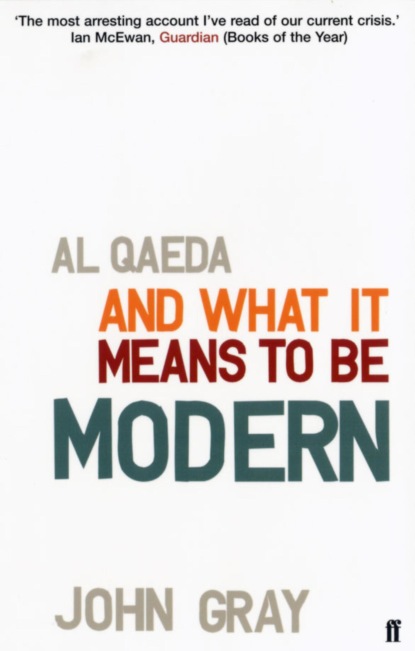Volume 160 pages
0+
About the book
'The suicide warriors who attacked Washington and New York on September 11th, 2001, did more than kill thousands of civilians and demolish the World Trade Center. They destroyed the West's ruling myth.'
So John Gray begins this short, powerful book on the belief that has dominated our minds for a century and a half – the idea that we are all, more or less, becoming modern and that as we become modern we will become more alike, and at the same time more familiar and more reasonable. Nothing could be further from the truth, Gray argues. Al Qaeda is a product of modernity and of globalisation, and it will not be the last group to use the products of the modern world in its own monstrous way.
Gray pulls up by the roots the myth that the human condition can be remade by science and progress or political engineering. He describes with mordant irony the rise of Positivists, the strange sect that put science and technology at the centre of the cult and developed a religion of humanity. Through their influence on economists, politicians and biologists, they still powerfully affect the way we think. Gray looks at the various attempts to remake humanity, from the Bolshevik and Nazi disasters to the utopian experiments of modern radical Islam and the dreams of the prophets of globalisation. And he gives a scathing account of the real sources of conflict in the world, of American power and its illusions, and of the ways in which cultures will resist the reshaping we might wish on them.
